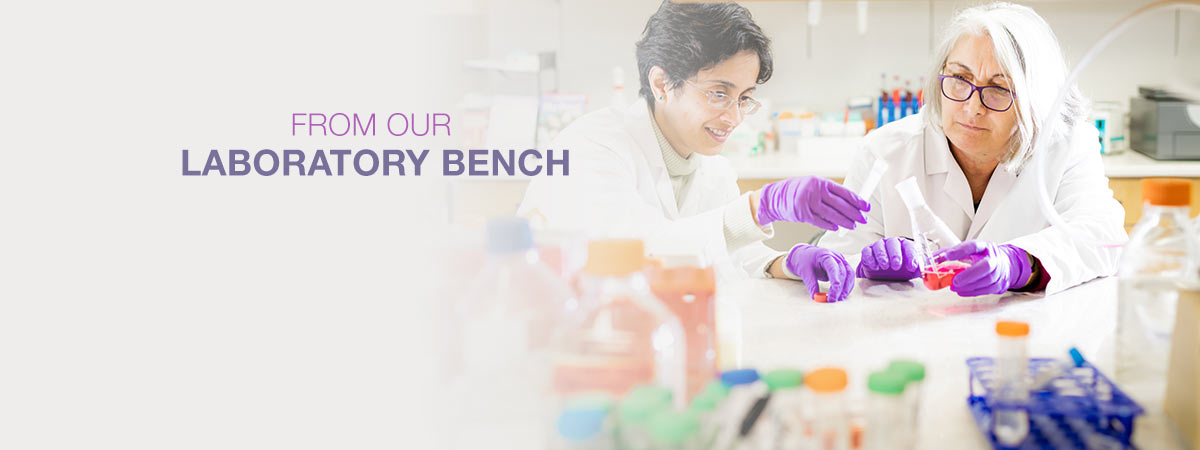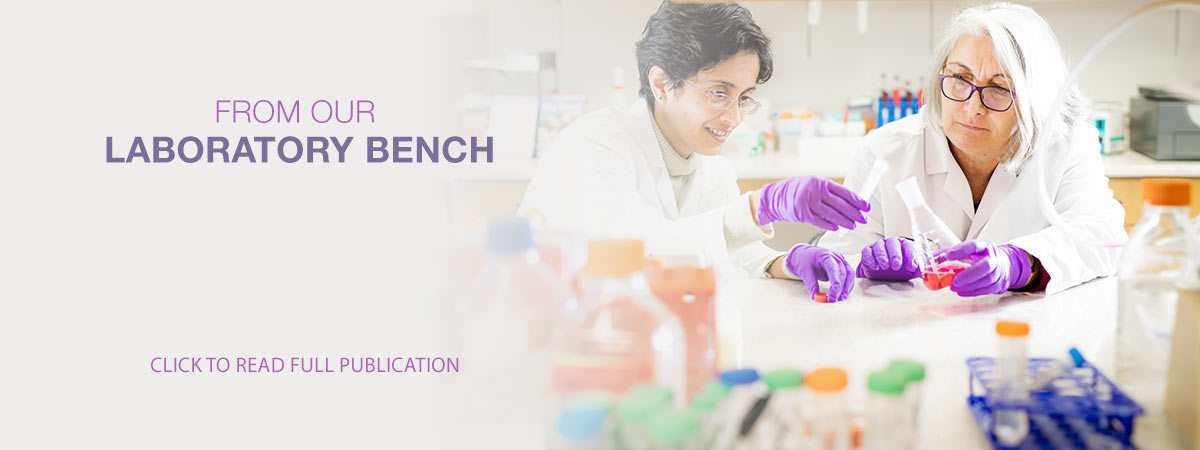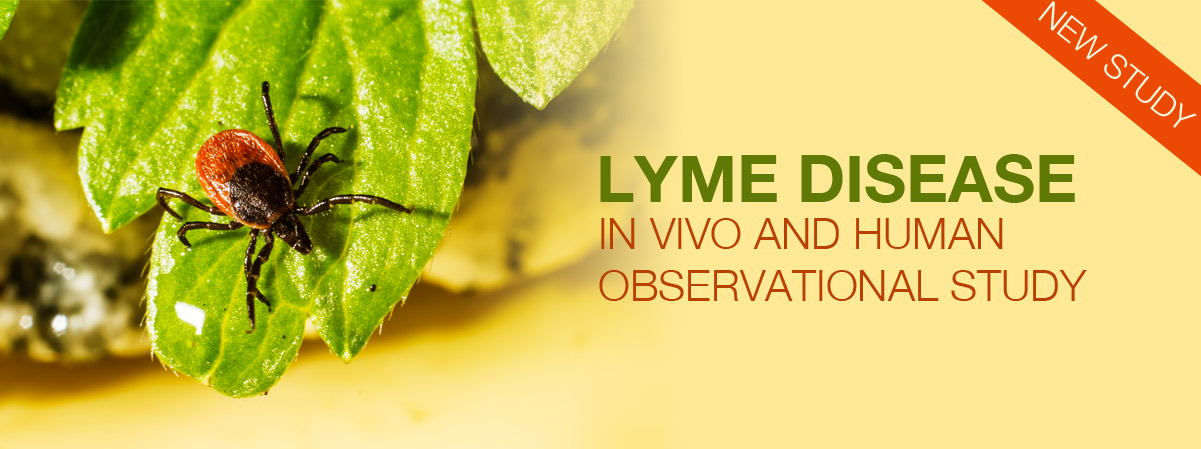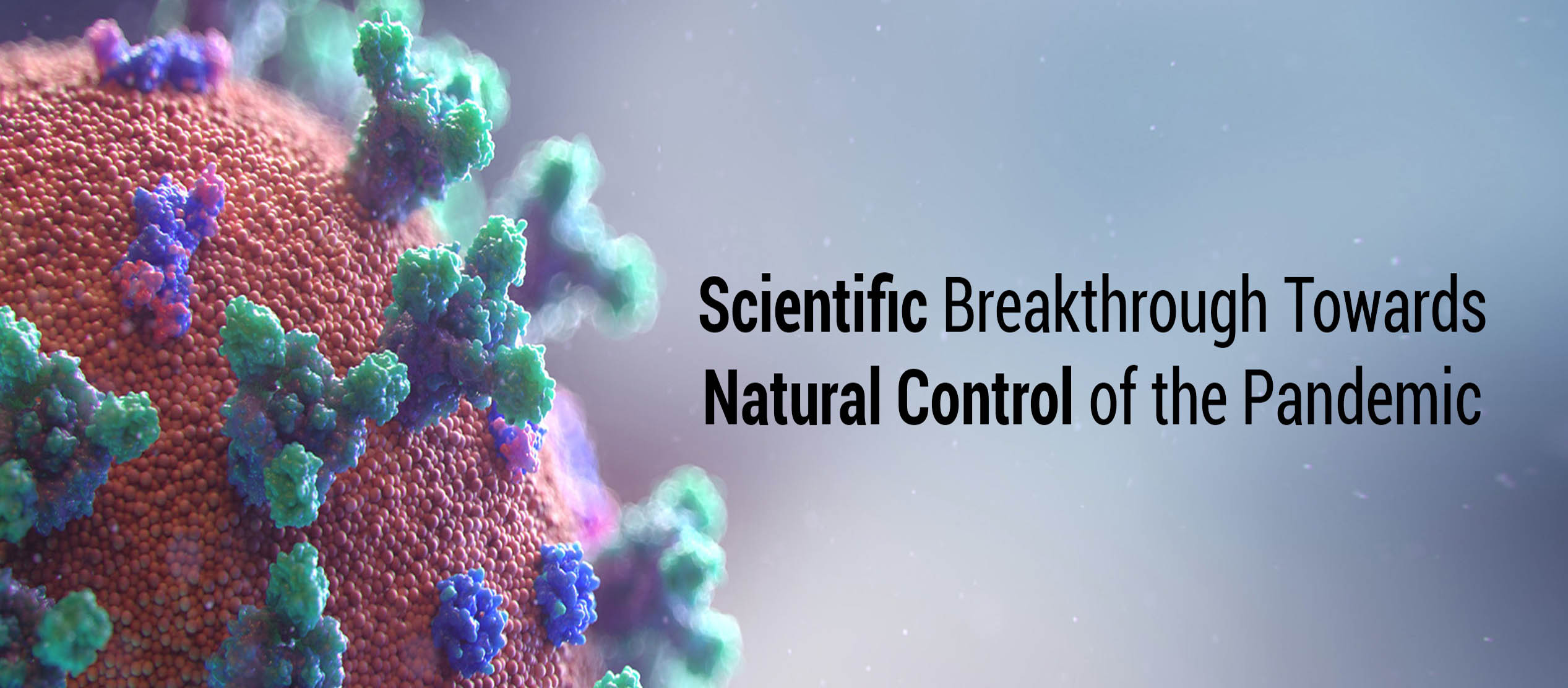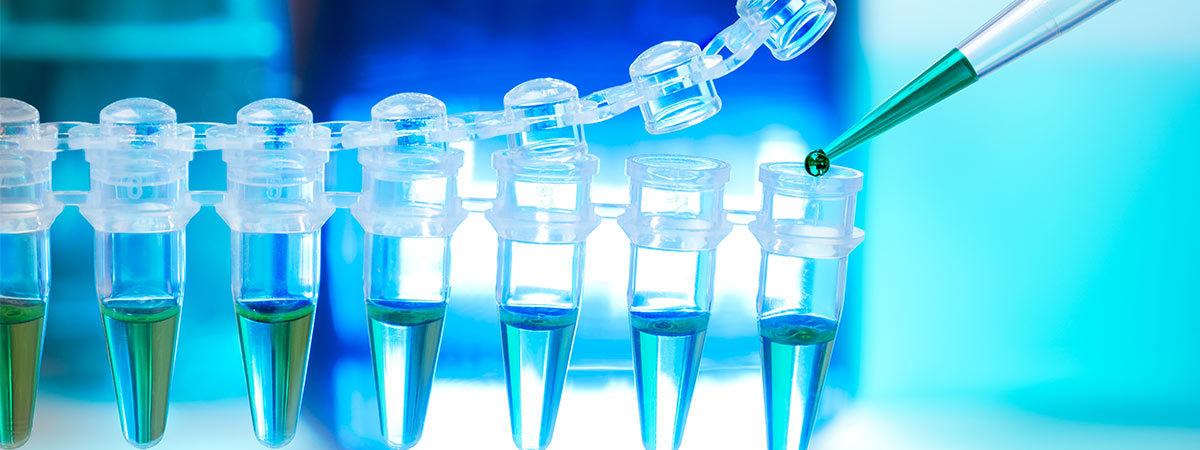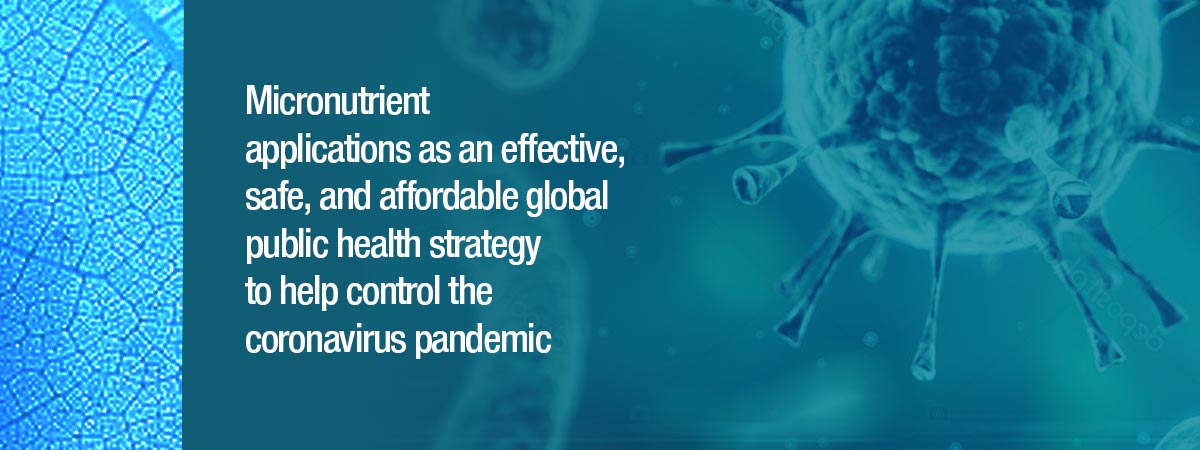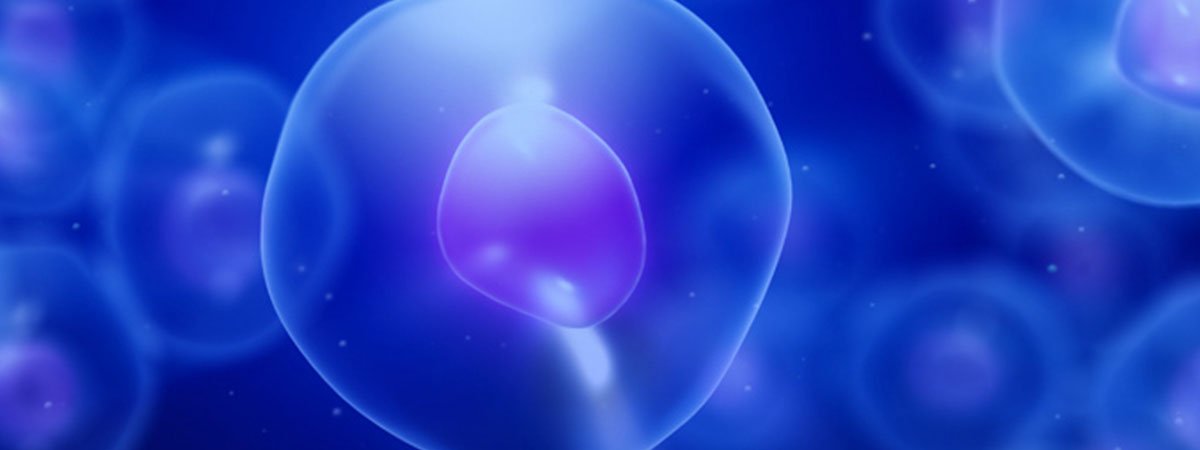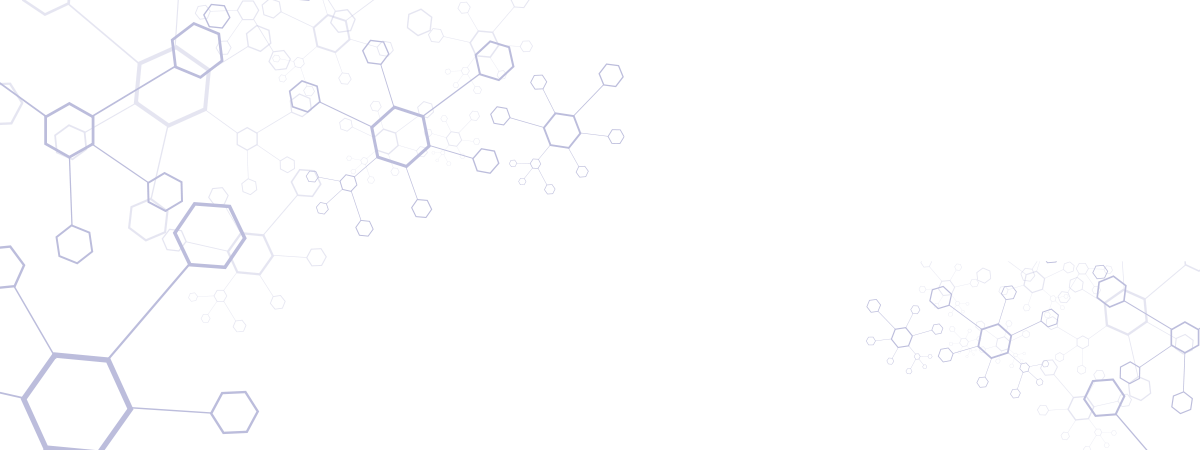M.W. Roomi, V. Ivanov, T. Kalinovsky, A. Niedzwiecki, M. Rath
Medical Oncology 2006, 23(3): 411-417
Introduction:
Structural changes in the extracellular matrix (ECM) are necessary for cell migration during tissue remodeling. MMPs, VEGF, Ki 67 (proliferative protein), and constituents of ECM play a critical role in angiogenesis and underlie neoplastic invasion and metastasis.
Objective:
This prompted us to investigate the effect of a diet containing lysine, proline, arginine, ascorbic acid, and green tea extract (NM) on the growth of tumors induced by implanting human osteosarcoma MNNG in athymic nude mice and the expression of MMPs, VEGF, Ki 67 and fibronectin in these tumors, as well as the production of mucin (by PAS staining). We also investigated the effect of the supplemented diet on serum ascorbic acid, total protein content, alkaline phosphatase activity, and liver enzymes.
Methods:
Athymic male nude mice (n=12) were inoculated with 3x106 osteosarcoma cells MNNG-HOS and randomly divided into group A (fed a regular diet and group) and group B (fed a regular diet supplemented with 0.5% NM). Four weeks later, the mice were sacrificed.
Results:
Results showed that NM inhibited the growth and reduced the size of tumors in nude mice. Histological evaluation revealed increased mitotic index, MMP-9 and VEGF secretion in the control group tissues.
Conclusion:
Results demonstrate that the nutrient mixture of lysine, proline, arginine, ascorbic acid, and green tea extract, tested strongly suppressed the growth of tumors without adverse effects in nude mice, suggesting potential as an anticancer agent.
Full Study:
